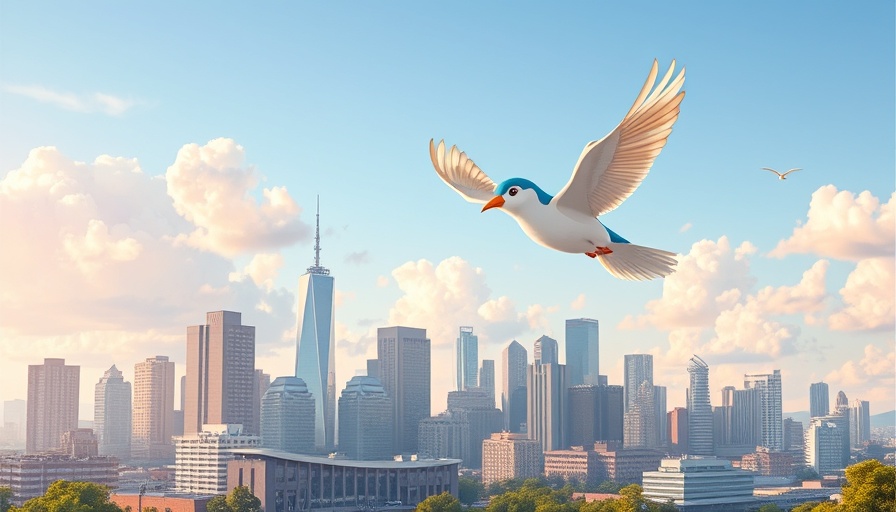
Whitewater Birds: Masters of Their Element
In the heart of wild streams, where powerful torrents collide with rocky terrains, some birds have found their paradise. The American Dipper and the Harlequin Duck exemplify the remarkable adaptability found in nature, turning treacherous waterways into their homes.
American Dippers: Nature's Underwater Walkers
The American Dipper is a remarkable bird, uniquely equipped to navigate the challenging currents. This plump, steel-grey songbird resembles a small robin and possesses a distinctive ability – it can walk underwater. With a playful bounce as it hops along riverbanks, the Dipper is adept at finding insect larvae hidden below the surface, showcasing a specialization that few birds possess.
Harlequin Ducks: Surfing the Surf
Equally fascinating is the Harlequin Duck, a bird that thrives along storm-swept coastlines. Sporting theatrical markings, these ducks migrate to swift upland streams for breeding, where they embark on a dramatic quest for nesting spots on cliff ledges. Their affinity for turbulent waters serves them well, as they expertly navigate rocky inlets and crashing waves.
The Elusive Torrent Duck of the Andes
Transitioning to the Andes Mountains, we encounter the Torrent Duck, a master of whitewater streams. Distinguished by its striking black-and-white plumage, the Torrent Duck’s lifestyle is one of extremes. Even its ducklings appear to relish the daunting conditions of their raging environment, a testament to their perfect adaptation.
Embracing Nature's Challenges
These birds illustrate not only the beauty of biodiversity but also the importance of preserving their natural habitats. As we observe their extraordinary abilities in overcoming environmental challenges, we are reminded of our role in cultivating and protecting these ecosystems. Engaging with the wonders of the natural world brings a deeper appreciation for the wildlife that surrounds us.
 Add Row
Add Row  Add
Add 




Write A Comment